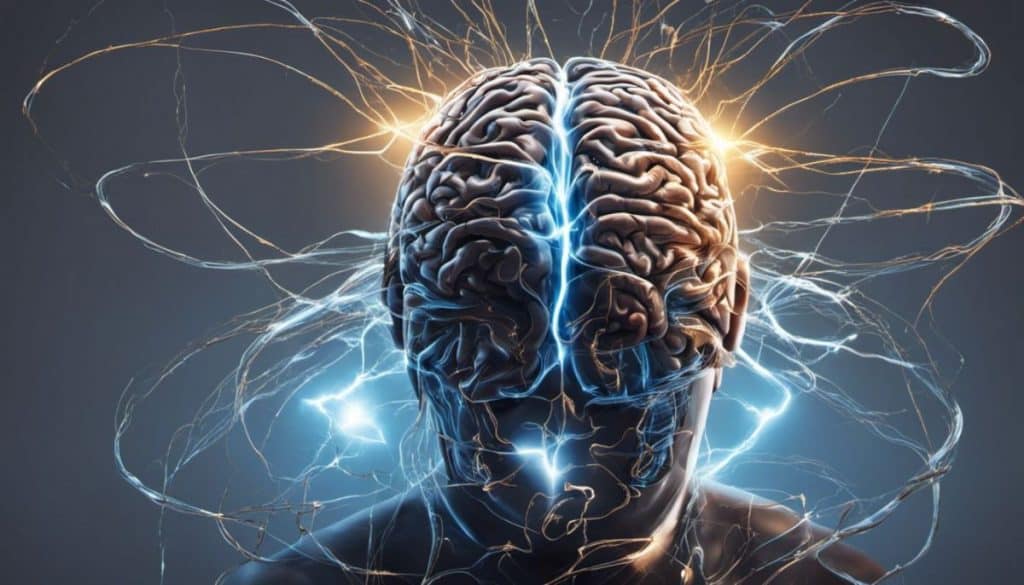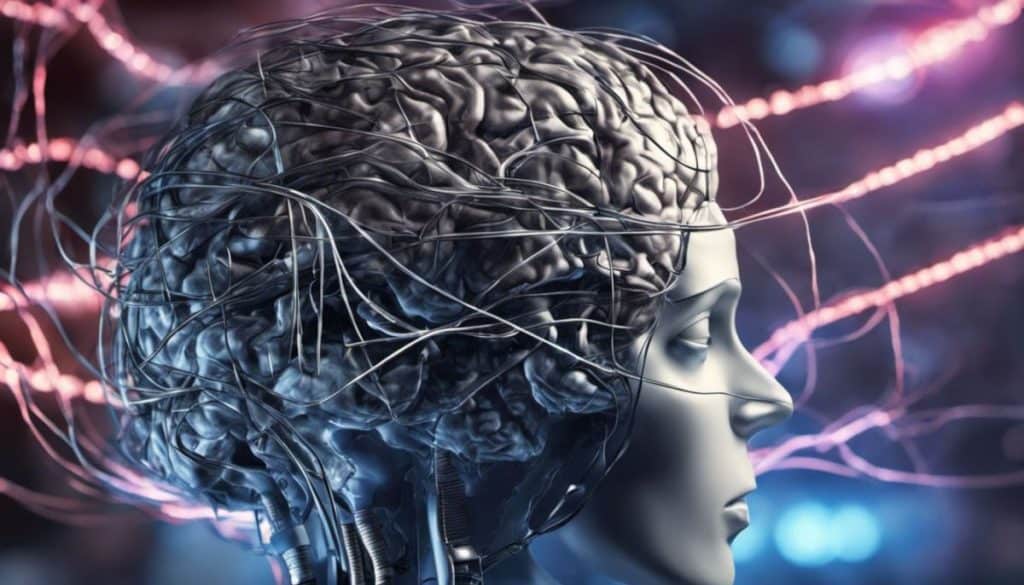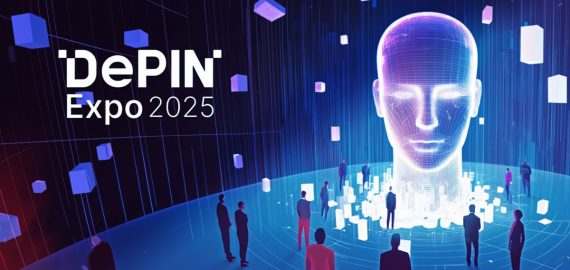Researchers Challenge the Notion of ‘Emerging Abilities’ of Large Language Models


In Brief
The AGI apocalypse is a concern due to the phenomenon of large language models suddenly demonstrating abilities that smaller models do not seem to have.
This phenomenon is called “emerging abilities of Large Language Models.”
The authors of the article “Are Emergent Abilities of Large Language Models a Mirage?” argue that the effect of emerging abilities is not a mirage, but rather a predictable growth in the ability to perform tasks.
They show that at least 92% of Big Bench problems do not have a sudden breakthrough for large models, and the quality of their models grows smoothly and predictably as the size of the models increases.
In a recent examination of the potential capabilities of large language models, researchers challenge the notion of “emerging abilities” and shed light on a more predictable aspect of their functionality. The article titled “Unveiling the Realities of Large Language Models’ Emergent Abilities” brings to attention the misinterpretation of metrics that has led to the misconception that these models spontaneously acquire advanced skills.

The concept of “emerging abilities” in the context of large language models, such as the GPT series, has fueled concerns regarding the potential for these models to develop unforeseen capabilities akin to human consciousness. This paper asserts that these assumptions have been based on a flawed understanding of the models’ actual behavior and capabilities.
The commonly observed phenomenon, where larger models seemingly acquire newfound abilities such as abstract reasoning, problem-solving, and even humour, has been coined the “emerging abilities of Large Language Models.” The authors of the article contend that these abilities are not as spontaneous as they appear, but rather a result of misleading evaluation metrics.
To illustrate their point, the researchers consider the task of “guess the riddle,” a problem where the language model is required to comprehend a natural language riddle and respond with the correct answer in natural language. Traditionally, the quality of responses has been evaluated using a binary metric: a response is assigned a score of 1 if it exactly matches the correct answer, and a score of 0 otherwise.
The crux of the matter lies in the metric’s sensitivity to the complexity of the task and the number of model parameters. The researchers reveal that this binary metric leads to a deceptive perception of “emerging abilities.” Smaller models often exhibit negligible accuracy (eps) on this metric, while larger models, particularly those with a high parameter count, appear to achieve remarkable accuracy levels (acc > 0.5).
The article contends that this apparent shift in ability is not indicative of models spontaneously acquiring complex skills. Instead, the models’ capacity to understand and generate more nuanced responses stems from a more meticulous evaluation of their outputs. By focusing on probabilistic matching and semantic coherence rather than exact string matches, the researchers show that the models’ progression in performance follows a more logical trajectory, regardless of their size.
Investigating Model Performance Evolution with Changing Parameters

In an analytical investigation, researchers uncover the subtle mechanics behind the perceived “emerging abilities” of large language models. The study questions the influence of superdiscrete metrics in evaluating model performance and elucidates a more predictive understanding of their capabilities as model parameters expand.
The prevailing notion of “emerging abilities” in expansive language models has captivated discussions and raised concerns about potential breakthroughs. This study seeks to disentangle the mechanics underlying this phenomenon and decipher whether these models indeed exhibit sudden, unprecedented capabilities or if these perceived advancements can be attributed to a different cause.
At the heart of the study lies a meticulous evaluation of the metrics employed to gauge model performance. The researchers contend that the use of superdiscrete metrics, particularly the conventional binary metric that determines exact string matches, might distort the interpretation of large language model abilities. The study meticulously analyzes how the probability distribution of model-generated answers evolves as model parameters scale.
Contrary to the notion of “emerging abilities,” the study reveals a more systematic trend. As the size of the model increases, its ability to assign higher probabilities to appropriate answers and lower probabilities to incorrect ones improves. This reflects a consistent enhancement in the model’s capacity to solve problems adeptly over a wide range of sizes. In essence, the research suggests that the models’ learning process follows a well-defined trajectory of improvement rather than a sudden leap.
The authors introduce a paradigm shift by proposing the replacement of discrete metrics with continuous ones. This change offers a clearer picture of performance evolution. Through their analysis, the researchers ascertain that approximately 92% of the Big Bench problems exhibit a smooth and predictable growth in quality as model size expands. This finding challenges the notion that larger models experience sudden breakthroughs and instead highlights a more gradual and anticipated progression.
The study extends its insights to validate its claims. It demonstrates that the same “emerging ability” effect can be artificially simulated using conventional autoencoders, suggesting that the choice of metrics significantly influences the perceived outcomes. This revelation broadens the scope of the study’s implications, demonstrating its relevance beyond language models alone.
The researchers emphasize that their results do not definitively negate the potential for “emerging abilities” or consciousness in large language models. However, their findings do encourage researchers to approach such claims with a nuanced perspective. Rather than hastily extrapolating and forming extreme conclusions, the study underscores the importance of meticulous investigation and comprehensive analysis.
Read more about AI:
Disclaimer
In line with the Trust Project guidelines, please note that the information provided on this page is not intended to be and should not be interpreted as legal, tax, investment, financial, or any other form of advice. It is important to only invest what you can afford to lose and to seek independent financial advice if you have any doubts. For further information, we suggest referring to the terms and conditions as well as the help and support pages provided by the issuer or advertiser. MetaversePost is committed to accurate, unbiased reporting, but market conditions are subject to change without notice.
About The Author
Damir is the team leader, product manager, and editor at Metaverse Post, covering topics such as AI/ML, AGI, LLMs, Metaverse, and Web3-related fields. His articles attract a massive audience of over a million users every month. He appears to be an expert with 10 years of experience in SEO and digital marketing. Damir has been mentioned in Mashable, Wired, Cointelegraph, The New Yorker, Inside.com, Entrepreneur, BeInCrypto, and other publications. He travels between the UAE, Turkey, Russia, and the CIS as a digital nomad. Damir earned a bachelor's degree in physics, which he believes has given him the critical thinking skills needed to be successful in the ever-changing landscape of the internet.
More articles

Damir is the team leader, product manager, and editor at Metaverse Post, covering topics such as AI/ML, AGI, LLMs, Metaverse, and Web3-related fields. His articles attract a massive audience of over a million users every month. He appears to be an expert with 10 years of experience in SEO and digital marketing. Damir has been mentioned in Mashable, Wired, Cointelegraph, The New Yorker, Inside.com, Entrepreneur, BeInCrypto, and other publications. He travels between the UAE, Turkey, Russia, and the CIS as a digital nomad. Damir earned a bachelor's degree in physics, which he believes has given him the critical thinking skills needed to be successful in the ever-changing landscape of the internet.


















































